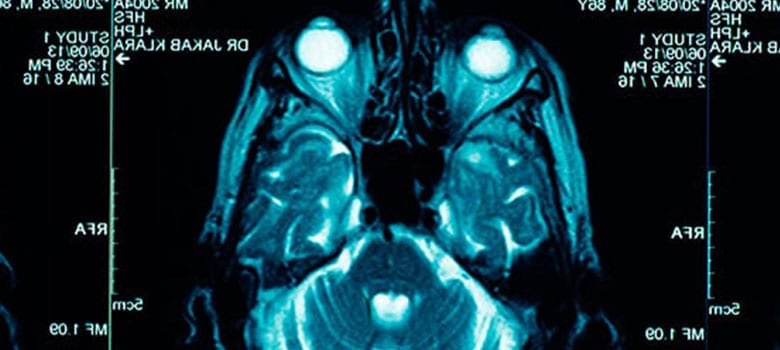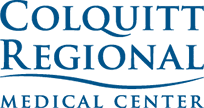Highly-qualified specialists treating conditions of the spine, brain, and nervous system. Neurologists diagnose and treat nervous system disorders, which can range from a stroke to Multiple Sclerosis. Our neurologists provide comprehensive care using the most up-to-date diagnostic tools and treatments to minimize the impact of neurological conditions on our patient’s day-to-day lives.

Conditions We Treat
Neurologists address a wide range of conditions that include:
- Epilepsy
- Parkinson’s disease and tremor
- Multiple sclerosis
- Stroke
- Dementia, including Alzheimer’s disease
- Headaches, including migraines
- Gait and balance disorders
- Vertigo and dizziness
- Seizure disorders
- Brain tumors

Diagnostic Services
Depending on the patient’s symptoms and history, a variety of diagnostic tools may be employed to diagnose the condition, which may include:
- Computed Tomography Scan (CT or CAT scan)
- Electroencephalogram (EEG)
- Magnetic Resonance Imaging (MRI)
- Electrodiagnostic Tests, such as electromyography (EMG) and nerve conduction velocity (NCV)
- Positron Emission Tomography (PET).
- Arteriogram (Angiogram)
- Spinal tap (Lumbar Puncture)
- Evoked Potentials
- Myelogram
- Neurosonography
- Ultrasound (Sonography)

Stroke Program
A stroke occurs when the blood supply to art of the brain is interrupted or reduced, which deprives brain tissue of oxygen and nutrients. When this happens, brain cells begin to die. Prompt treatment is critical to minimize brain damage and other potential complications.
Common signs and symptoms of a stroke are easily remembered as FAST, and do the following:
- Face. Ask the person to smile. Check to see if one side of the face droops.
- Arms. Ask the person to raise both arms. Notice if one arm drift downward or one arm unable to rise.
- Speech. Ask the person to repeat a simple phrase. Notice if his or her speech is slurred or if they are speaking strangely.
- Time. If you observe any of these signs, call 911 immediately.
The good news is that some strokes can be prevented. Our neurologists will evaluate lifestyle and medical risk factors that increase the possibility of a stroke and implement a preventative plan to address these risks.
If you experience a stroke, our neurologists can provide the medical care you need for recovery, and access additional services, such as physical, occupational, or speech therapy to minimize complications.




